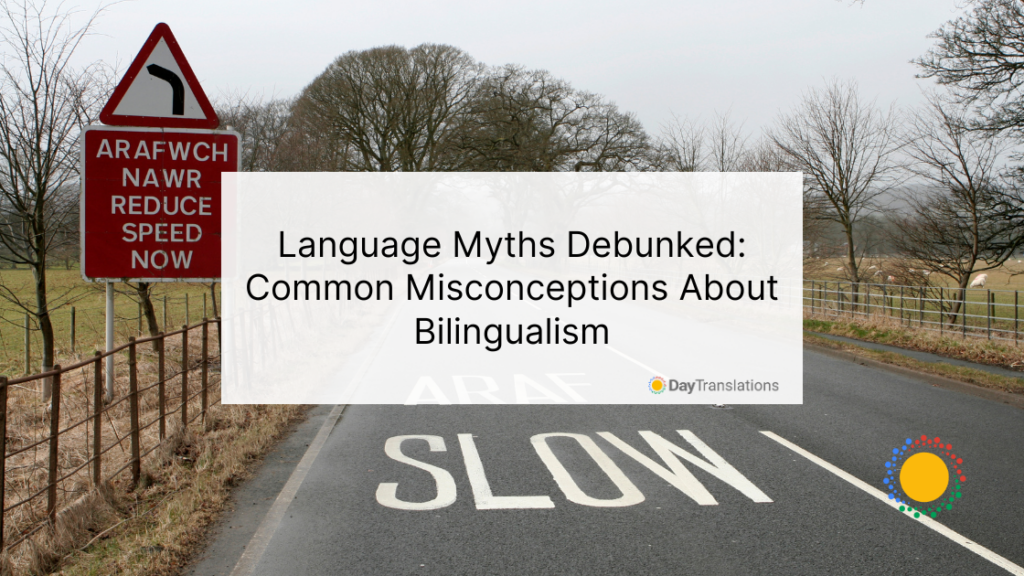Have you ever heard someone say that speaking two languages can confuse your brain or make you less smart? These are just some of the myths people believe about bilingualism. Today, we’re going to explore and debunk some of these common misconceptions about bilingualism. Get ready to learn the truth about bilingualism and why speaking more than one language is actually pretty awesome!
Myth 1: Bilingualism Causes Confusion
One of the most common myths is that bilingualism causes confusion. People think that learning two languages simultaneously can mix up words and grammar, leading to a confused mind. However, research shows that bilingual brains are very good at separating languages. In fact, switching between languages can actually improve cognitive skills. Bilinguals are like mental gymnasts, exercising their brains and becoming more mentally flexible.
Myth 2: Bilingual Kids Are Slower Learners
Some people believe that bilingual children take longer to learn languages compared to their monolingual peers. Like other misconceptions about bilingualism, this isn’t true! While bilingual children might know fewer words in each language at first, they catch up quickly. In the long run, they often become more proficient in both languages. Plus, bilingual kids develop better problem-solving skills and multitasking abilities, which can help them in other areas of learning.
Myth 3: Adults Can’t Learn New Languages
There’s a widespread belief that adults can’t learn new languages as easily as children. While it’s true that children have certain advantages, like more flexible brains and more free time, adults can still become fluent in new languages. Adults bring their life experiences and knowledge of how languages work, which can actually help them learn faster. With motivation and practice, adults can achieve impressive levels of fluency.
Myth 4: Mixing Languages Is a Sign of Weakness
Have you ever heard someone say that mixing languages, or code-switching, is a sign of a weak language ability? This couldn’t be further from the truth! Code-switching is a natural and sophisticated way bilinguals communicate. It shows that they can navigate between languages seamlessly, choosing the most appropriate words and expressions from each language to convey their message effectively. It’s like having a superpower!
Myth 5: Bilingualism Is Rare
Some people think that being bilingual is uncommon and special. In reality, bilingualism is quite common around the world. In many countries, speaking multiple languages is the norm rather than the exception. For example, in countries like India, Belgium, and South Africa, it’s common for people to speak several languages. Bilingualism connects people to different cultures and communities, making the world a more interconnected place.
Myth 6: Learning Two Languages Dilutes Cultural Identity
One of the most famous misconceptions about bilingualism is that learning a second language can dilute or weaken someone’s cultural identity. However, bilingualism can actually strengthen cultural connections. Learning a second language allows individuals to connect more deeply with their heritage and understand different cultural perspectives. Bilinguals often have a richer understanding of their own culture as well as the cultures associated with the languages they speak.
Myth 7: Bilingualism Only Benefits Language Skills
People often think that bilingualism only impacts language skills. The truth is, bilingualism offers a wide range of cognitive, social, and professional benefits. Bilinguals tend to have better memory, problem-solving abilities, and multitasking skills. They are also more empathetic and better at understanding others’ perspectives. In the professional world, being bilingual can open doors to more job opportunities and global connections.
Final Thoughts on the Misconceptions About Bilingualism
Bilingualism is full of benefits and is far from confusing or limiting. The myths surrounding bilingualism are just that—myths. Speaking multiple languages enriches lives, enhances cognitive abilities, and connects people to a broader world. So, if you’re learning a new language or already speak more than one, celebrate it! You’re gaining skills and experiences that will serve you well throughout your life. Embrace bilingualism and enjoy the many advantages it brings!


